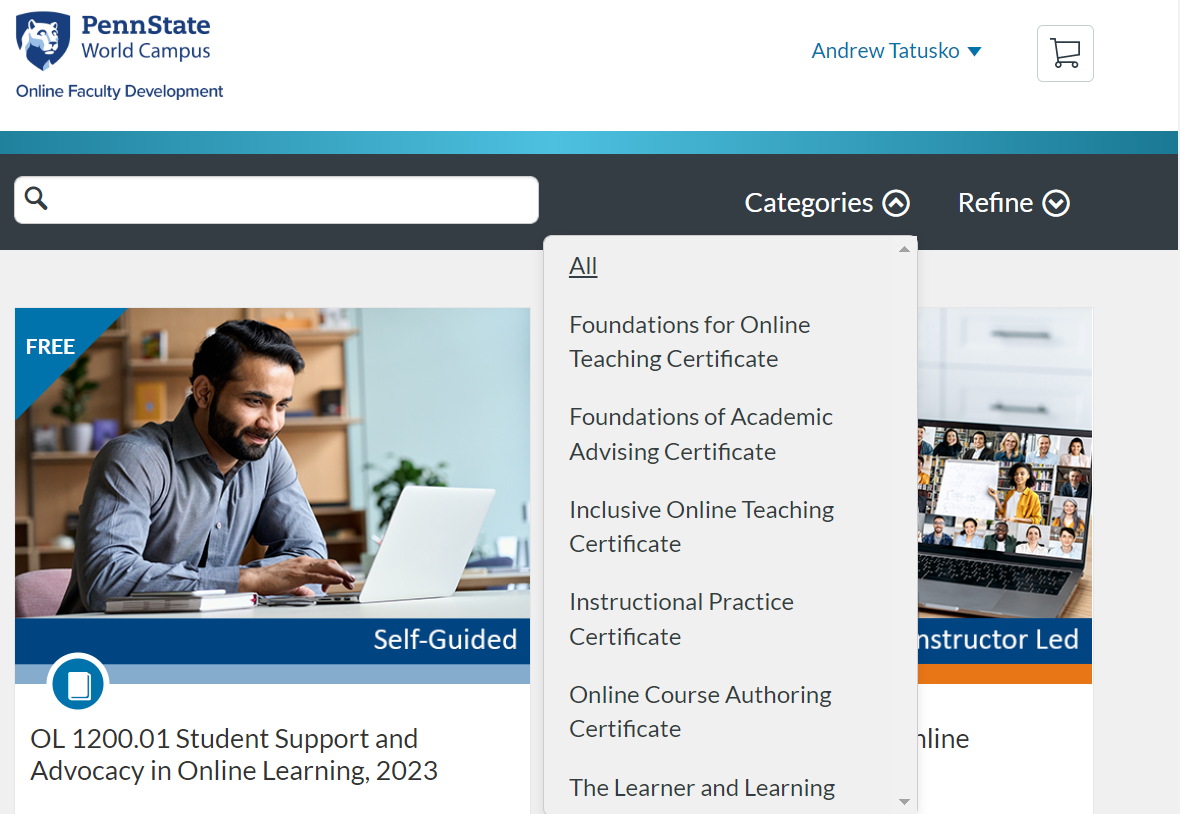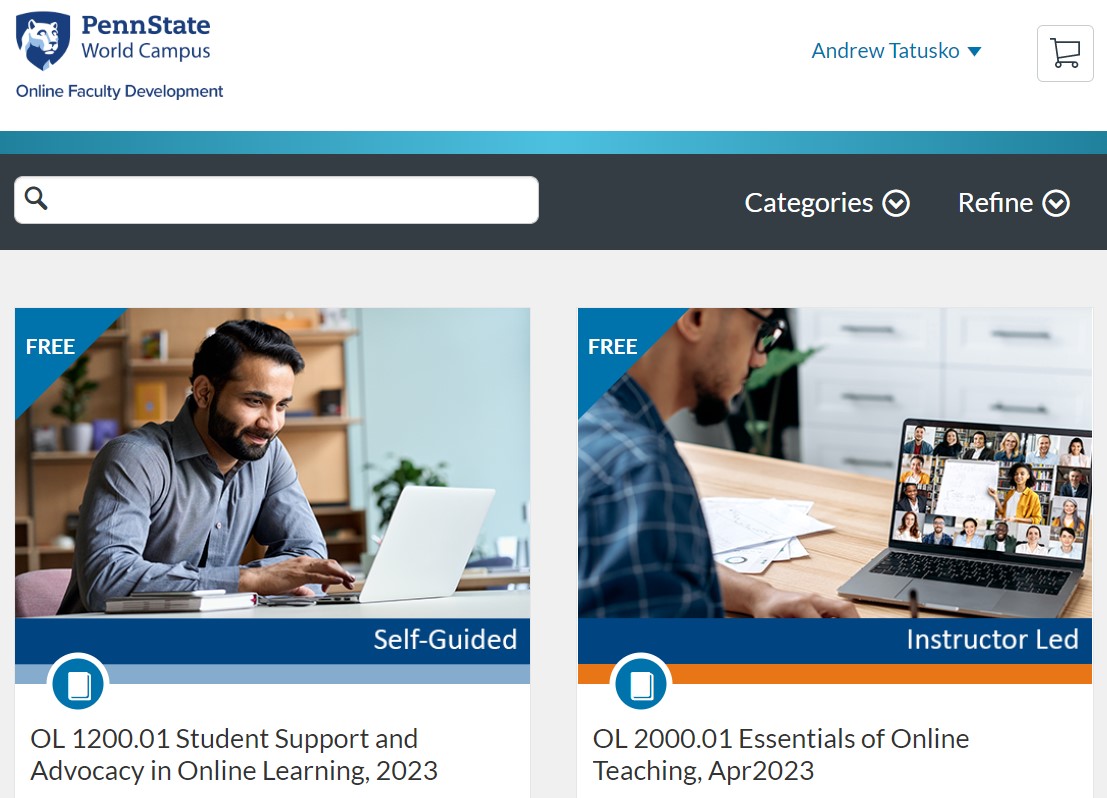
We are expanding offerings for conversations about Artificial Intelligence (AI) tools and their impact on your teaching, student work, and academic integrity. As challenges mount and responses to this technology adapt, we are working to hear from the University community, collect information, and distribute guidance and support for working with students and adapting to these…




